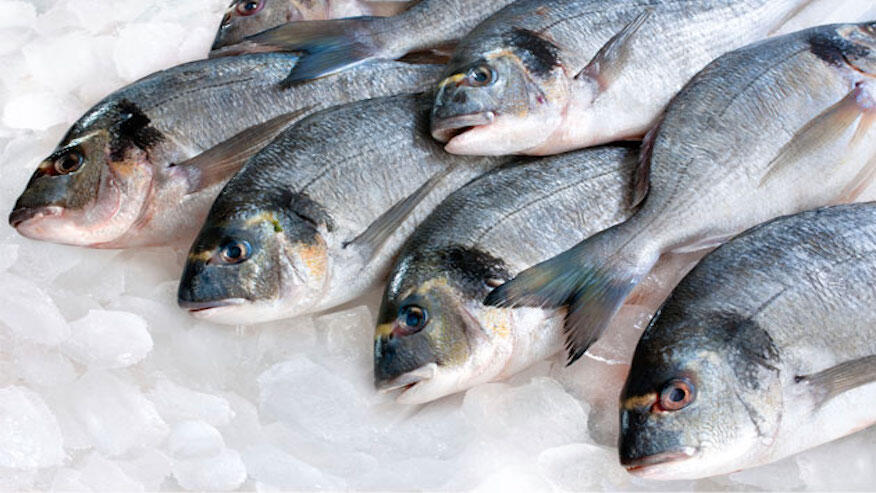The fish seem to have it all. They are rich in high quality protein, vitamins (A, B, D, E), minerals (phosphorus …) and micronutrients (iodine, selenium, copper …). They are also moderate energy (70 to 200 calories / 100 g) and show reasonable lipid content (2 to 13%). Moreover, while the fat of meat, saturated, and are not recommended for health, theirs have a nutritional value: the fish are our only source of long chain omega-3 fatty acids (EPA and DHA) that prevent cardiovascular disease and are necessary for the development and proper functioning of the retina, nervous system and brain. But there is a downside: wild or farmed, fish evolve in environments that may be polluted. Therefore, they too can be contaminated with pollutants including dioxins, the PCB (polychlorinated biphenyls) or heavy metals (methyl mercury …) the adverse health effects (neurological disorders, cancer, endocrine disruption …). Above all, the most fat varieties (mackerel, eel, salmon …), as toxic tend to accumulate in fatty tissue. Certainly it should not panic because the body has the means to neutralize some toxic, thanks to small proteins, chemokine, in our body but specialists are still unaware of the extent of capabilities.











